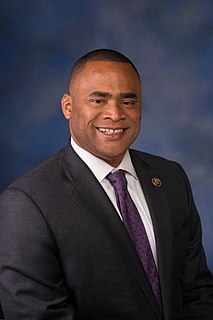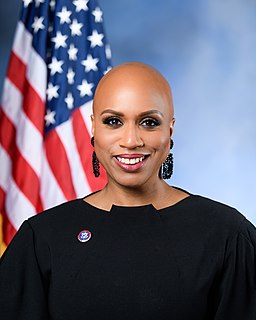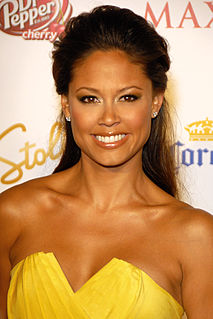A Quote by Sean Baker
Many trans women of color come from poverty and are forced to live on the streets. Their families have shunned them, and their remaining family are the friends they've come to rely on.
Related Quotes
Kids who are middle class, socioeconomically, are surrounded by mentors. They have coaches, teachers, they have family friends, their parents have friends. They might have opportunities, they might have jobs that allow them to experience things that kids in poverty often don't have. Sometimes they come from dysfunctional families. And when you come from a family where money's a real challenge, then it might not be a priority to get you into a summer internship.
I am a trans woman. My sisters are trans women. We are not secrets. We are not shameful. We are worthy of respect, desire, and love. As there are many kinds of women, there are many kinds of men, and many men desire many kinds of women, trans women are amongst these women. And let’s be clear: Trans women are women.
When the kids see the poverty in their neighborhood, but they see these successful kids who come from the countries they come from, come from Mexico, come from Korea, come from the Philippines, come from Salvador, and were doing really well, it motivates them to do better. The former students give them a vision of what's possible.
I think it's really important to champion stories from trans women and trans women of color. That demographic has gone unheard and unsupported for so long, and it's really the community that's struck the hardest by a lot of issues. I try to do a lot of work to champion trans feminine issues and stories, but that said, I do have a personal and deep investment in seeing trans masculine stories reflected in culture. It is a little disappointing to me that trans men and trans masculine people have not really been part of this media movement that we're experiencing right now.
Many men I come across see women in an antagonistic way, and it's always the basis for a bad relationship. What I mean by that is men who come with pre-conceived notions that women are trying to tie them down, or hold them back, or that women are shallow, or that women are only attracted to money, or whatever it is.





































